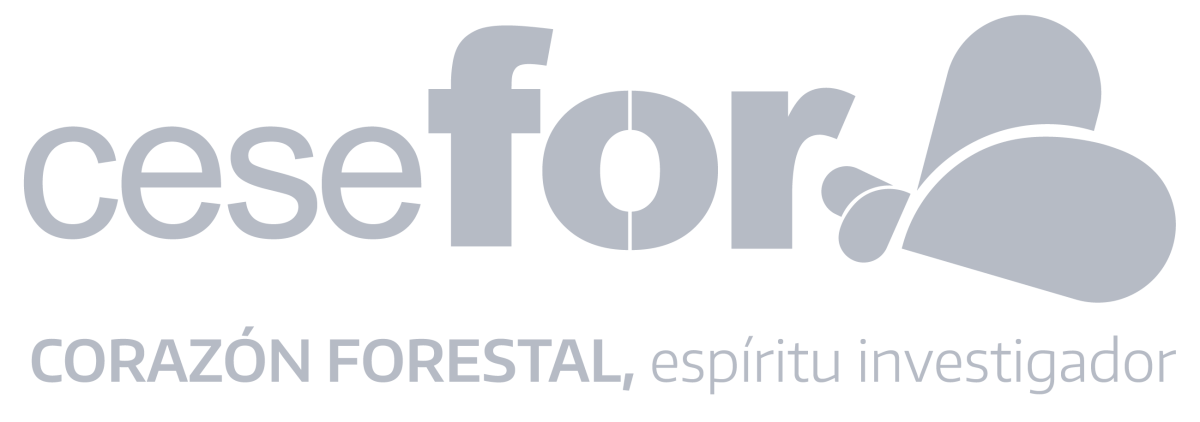

This report provides a review of the state of the art of social indicators in forestry, particularly concerning nature-based recreation and tourism in North European countruies. The work was carried out by a project group financed by SNS and EFINORD in 2012-2013. The member countries or regions were Denmark, Estonia, Finland, Northern Germany, Lithuania, Northwest Russia, Norway, Scotland and Sweden. The North-European networking project invited scientists and other experts to exchange ideas about social indicators for forestry. The common interest was to discuss how to develop social indicators, and monitor changes to social benefits, particularly recreation and tourism, in forestry and forest use. The expert group identified a need to develop social indicators, which should be effective, focused, and useful for many purposes in the forest sector but also in other sectors of natural resources in all European countries. It is timely to enhance standardization and harmonization of social indicators for monitoring and management of sustainable forestry and forest use, and for sustainable nature-based recreation and tourism. In all countries, there is a challenge to develop monitoring systems to produce inventory data for statistics that are required in a way that provides social indicators that are comparable across Europe.
Forest related social values such as recreation values are growing in importance in North European countries, and it is time to strengthen the recognition of social issues in forestry and forest use in a comparable way to the increased importance attached to ecological values during the last decades. Our urbanized societies need social services from forests and other nature areas. The key ecosystem service is the recreation environment, which provides benefits to human health and wellbeing. In addition, increasing possibilities to enhance commercial recreational use of forests has been recognized, particularly among private forest owners, who have many opportunities for new types of forest-related entrepreneurship.
This report provides expert-compiled background information for the further development of recreation indicators. The experts participating in this project report the state of the art in their country reports, and the project group has summarized and evaluated the results together.

